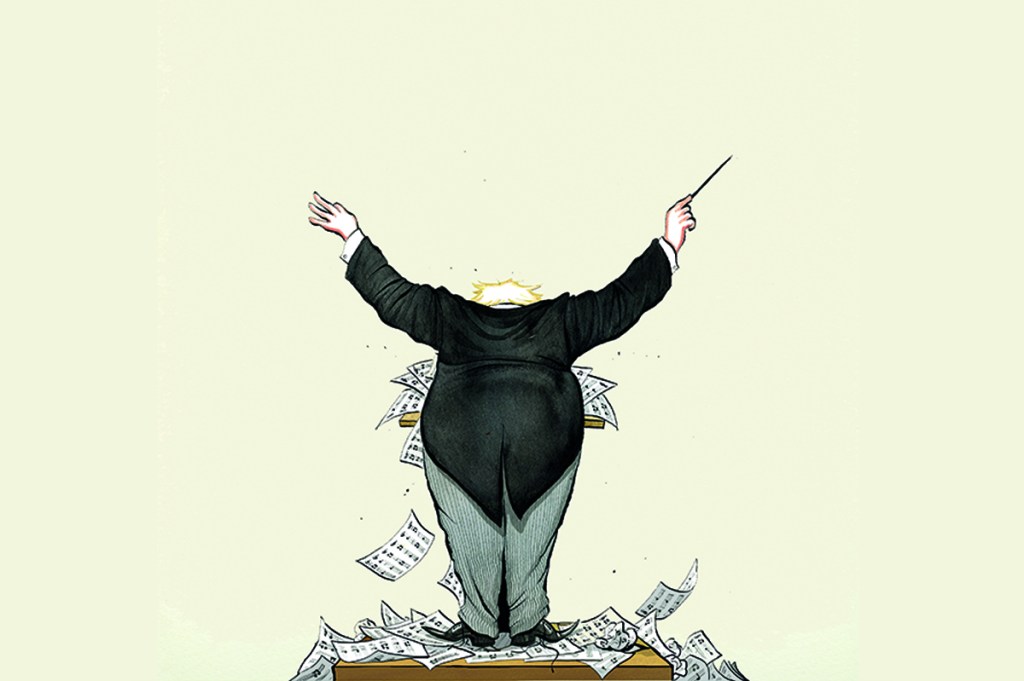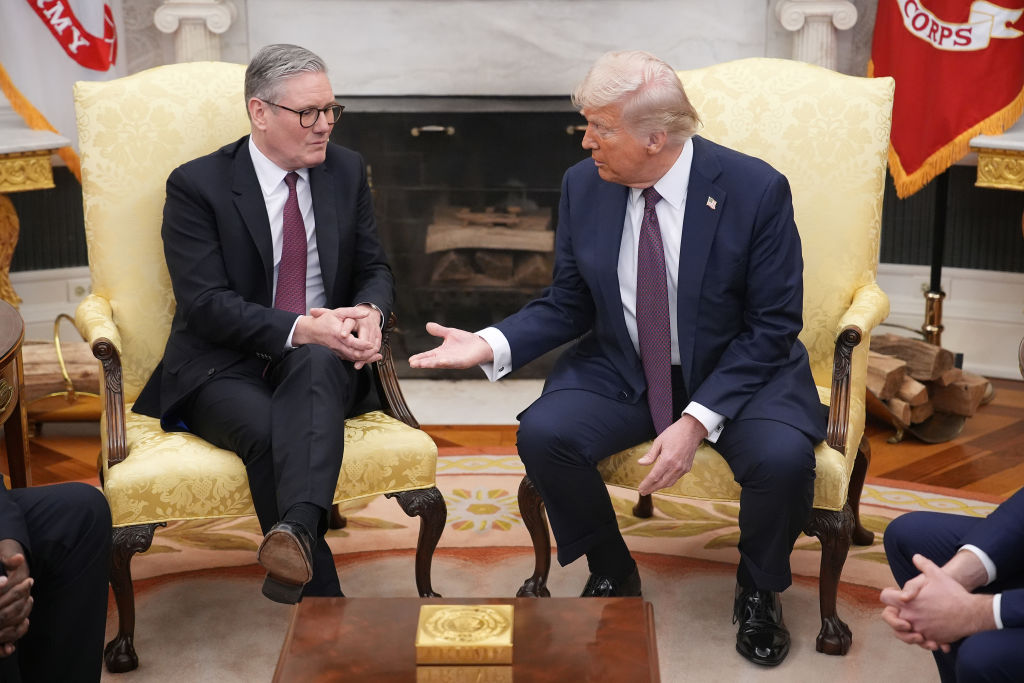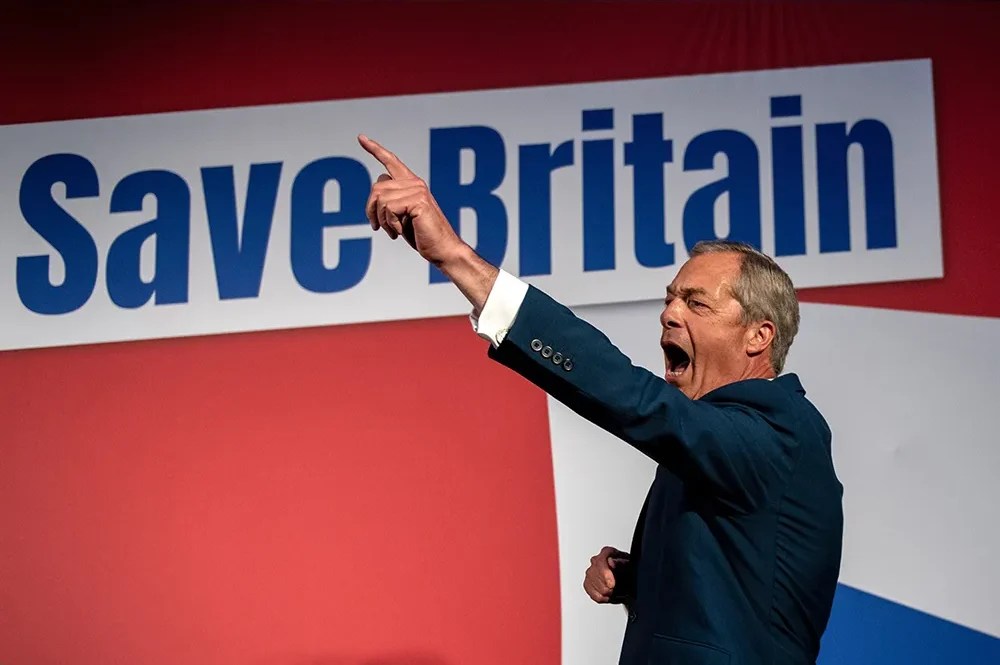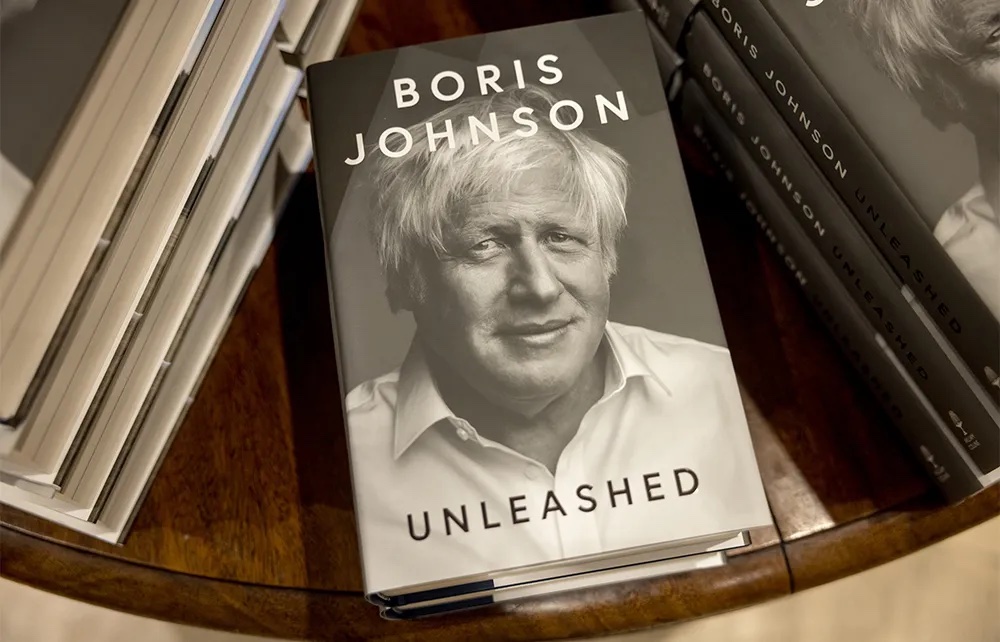Political realignments occur when large groups of voters desert one party for one or more other parties, shattering old coalitions and forming new ones. In America and northern Europe, working-class voters — mostly, but not exclusively, native and white — have been leaving established left-of-center parties. On their way out, they have met college-educated metropolitan professionals and managers migrating the other way.
Center-left parties have exchanged the industrial workers who were once their core constituency for a new upscale clientele. The emerging center-left is supported by the college-credentialed middle classes, native minorities and immigrant diasporas. This unstable coalition is held together only by identity politics, based on the increasingly hysterical and delusional claim that all other voters and parties are neofascist white nationalists. Meanwhile, the old-stock working-class voters whom America’s Democrats, Germany’s Social Democrats, and Britain’s Labour party spurned for their new big-city rainbow coalitions have been politically homeless, with some supporting mainstream center-right parties but others rallying behind outsider populism.
Demagogic populists such as Donald Trump, Matteo Salvini and Nigel Farage can give voice to legitimate grievances ignored by mainstream parties. But fist-shaking tribunes of the masses are poorly suited to lead long-term structural reforms which, if successful, would eliminate the conditions in which populism festers. Such reforms are usually carried out by enlightened members of the establishment — the patricians Theodore and Franklin Roosevelt, rather than William Jennings Bryan, the agrarian populist orator whom the Roosevelts despised even as they appealed to his constituents and adopted some of his policies. In the words of Speaker of the House Sam Rayburn, ‘Any jackass can kick down a barn, but it takes a carpenter to build one.’
The British prime minister, Alexander Boris de Pfeffel Johnson, is currently in hospital after contracting COVID-19. Hopefully he undergoes a swift recovery. If he does, could he be the patrician reformer who co-opts and channels populism in the service of national renewal? That depends on whether the current political realignment is followed by a policy realignment.
In Britain, as elsewhere in the West, there is a huge gap between today’s new major party coalitions and their party programs, which are legacies of an earlier era. An ever-dwindling remnant in Labour continues to hope against hope that the postindustrial left will once again embrace provincial workers in hollowed-out industrial towns rather than socially liberal bankers, academics and minority voting blocs. The equivalent delusion on the British right is the belief that the postindustrial proletariat which voted for Brexit and Boris can be reconciled to warmed-over 1980s Thatcherism with a few symbolic gestures — some tweaks to low-skilled immigration, for example, or regional infrastructure projects like the planned high-speed railway HS-2. No doubt many members of the new Tory majority, and perhaps the prime minister himself, will be tempted to retreat to their comfort zones, fishing in their pockets for the spare change of neoliberalism — more STEM training! more government R&D! — which can be passed off as dramatic reform.
The problem, on both sides of the Atlantic, is that Thatcher-Reagan-Clinton-Blair neoliberalism was a ruling-class project never popular with working-class citizens, for good reason. Old-fashioned unions had many faults, but their decline in the UK and US outside of the public sector has deprived working-class people of one of the few social institutions they controlled — in an age when the parties are increasingly mere labels to be captured by cliques of donors or ideological sectarians. Nor is a Thatcherite version of Brexit, doubling down on free trade and immigration, likely to appeal to swing voters who have lost their jobs to cheaper workers in foreign countries (offshoring) or at home (low-wage immigration). The swing voters responsible for Johnson’s majority can swing the other way.
What Britain needs is the policy realignment I alluded to earlier. This means, among other things, that the center-right in the UK and the rest of the Anglosphere needs to jettison the free-market libertarians who have chirped for a generation from their well-funded perches in think tanks, government agencies and the press about the inevitable weakening of the nation-state in the global market and the wonders of the gig economy. At the same time, donors who balk at pro-worker policies should be encouraged to try their luck with the left. Prime Minister Johnson is good at purges. His talent will be useful.
A new era requires new thinking. The role played by the market and the college diploma in the bipartisan liberal consensus of the last generation must be played by the nation-state and worker bargaining power in a post-liberal dispensation. The great lie of the center-left and center-right was that national governments were powerless in the face of global market forces and that by maximizing their credentials, individuals could ‘compete’ against billions of others in a global labor market. Both assertions were untrue.
The countries that developed most successfully in the last few decades were those of East Asia — Japan, South Korea, Taiwan, Singapore and later China. These used government-guided industrial policy to push their economies up manufacturing value chains, knocking earlier leaders like the UK and US out of whole sectors of productive industry, leaving the Anglo-American world (for now) a few rentier sectors like finance, oil and gas exports, and entertainment that generate great wealth for a few but add little to national productivity or military power.
Now that the government of China — the world’s leading industrial nation, thanks to western negligence, and a rising military force — has made it clear there will be no transition from state capitalism to free-market capitalism, countries such as Britain, whose legacy policymakers reflexively denounce economic nationalism and industrial policy, are like chess contestants stubbornly playing by the rules of checkers. In a world divided between mercantilist countries and countries that engage in unilateral free trade, the economies of the latter will inevitably be shaped by industrial policy — the industrial policy of their adversaries.
Most workers in Britain and similar advanced economies will not find themselves in the manufacturing sector, even if it is revitalized by intelligent economic nationalism. That is where worker bargaining power comes in. There is no reason why the major occupations of the postindustrial workforce, in growing sectors such as health and elder care, should be low-wage, low-benefit, insecure jobs assigned to a foreign-born servant class, as in Dubai or Saudi Arabia. What the people in such work lack are not elaborate credentials, which most of their jobs do not require. They lack bargaining power with their employers.
The well-paid manufacturing and mining jobs of yesteryear were well-paid because they were unionized; in the pre-union days, pay and working conditions were shockingly bad. History makes it clear that there are real limits to reforms that enlightened members of national establishments favor in the absence of organized pressure from below.
Conservatives will never adopt the Marxist theory of inexorable class conflict leading to the demise of capitalism. Nor should they pander to crude populist rhetoric pitting big business against small business. Although they should be sympathetic to some form of institutionalized wage-setting or collective bargaining where appropriate, British Tories will not and should not favor the adversarial trade unionism associated with the 1970s and 1980s.
But a new center-right in the UK and elsewhere, while shedding other libertarian illusions of the 1990s, can also reject the notion that labor is a cost to be minimized by any means necessary — offshoring, wage-suppressing immigration, reclassification of full-time workers as contractors, zero-hours contracts. Government by McKinsey consultant logic must come to an end. One-nation Tories in the future, as in the past, should view managers and workers as participants in a common national enterprise of economic development and shared prosperity. The national economy is not an end in itself. It is merely an instrument that exists to serve all of the people of the nation.
Michael Lind is a professor at the Lyndon B. Johnson School of Public Affairs and a fellow at New America. He is the author of The New Class War: Saving Democracy from the Managerial Elite. This article is in The Spectator’s April 2020 US edition.

























